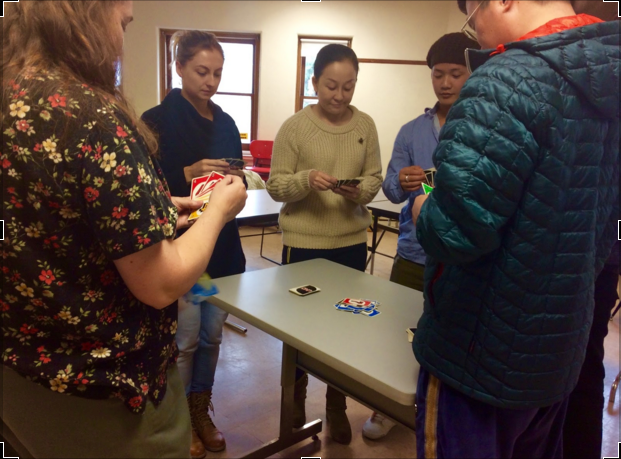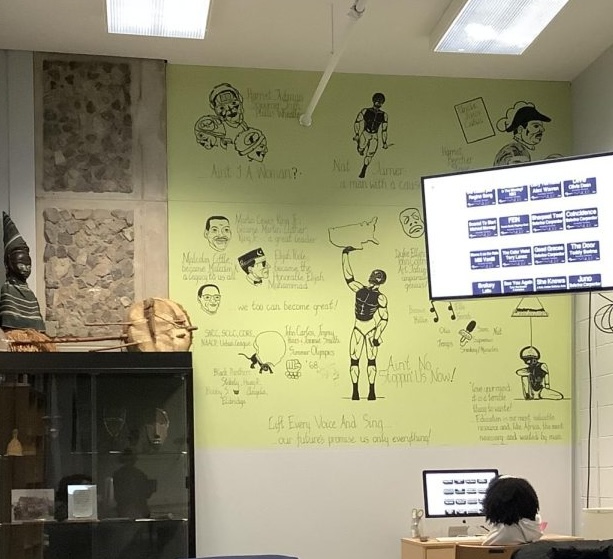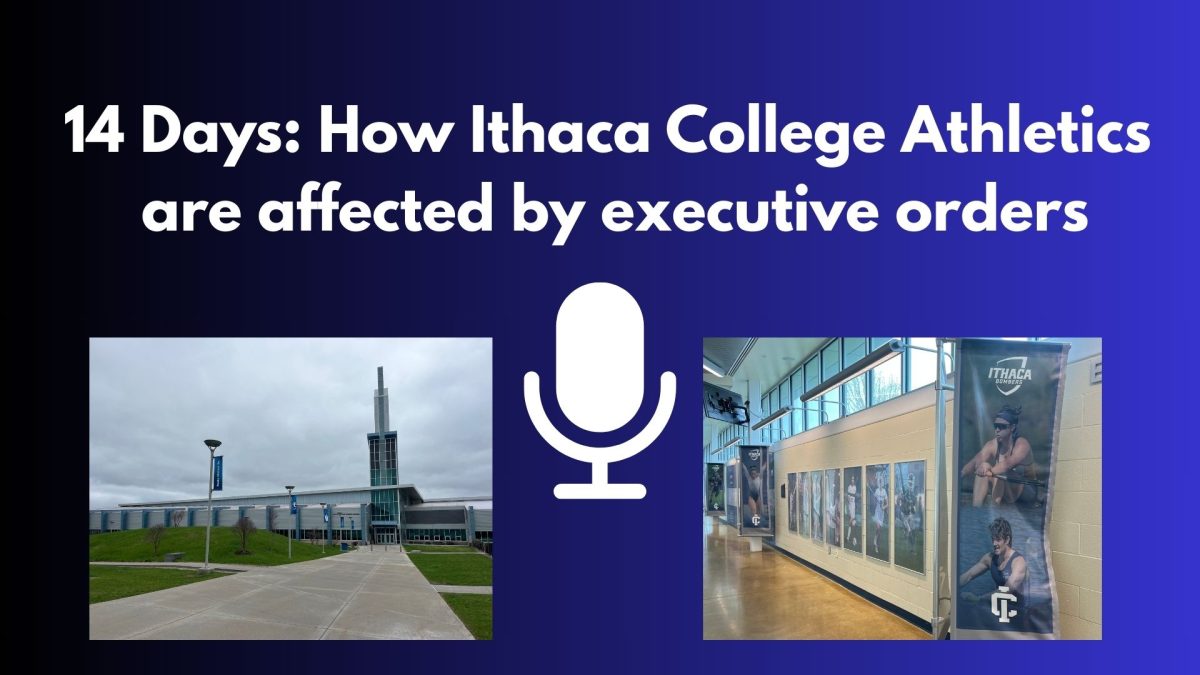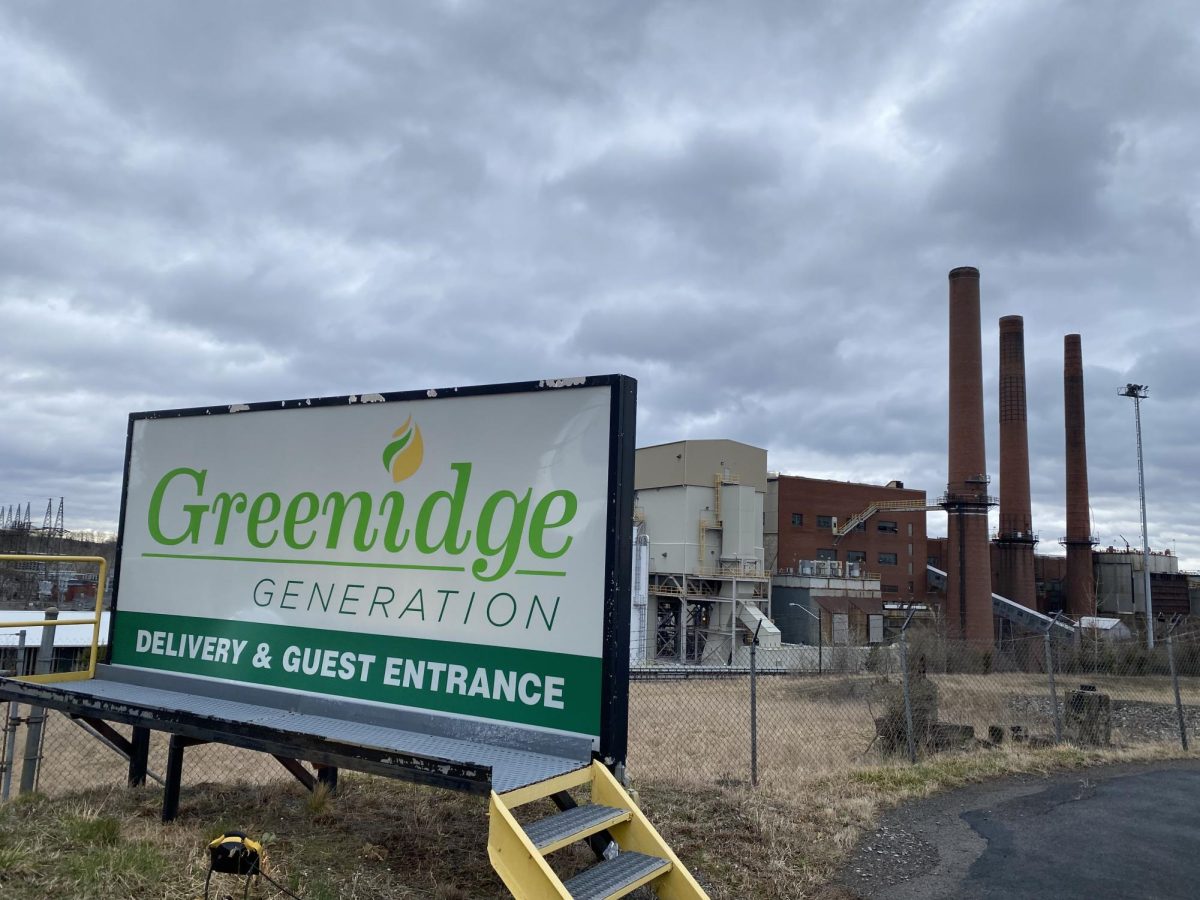Housing, legal services, education and employment are commonly considered requirements for a basic standard of living. Yet for many refugees and immigrants gaining access to these basic needs present significant hurdles when adjusting to a new community.
Sue Chaffee, Program Director of Catholic Charities Immigrant Services Program said that some of the more difficult barriers pertain to obtaining jobs and getting past differences in language, “There is the issue of wages and having full-time work and employment, and keeping them with a living wage,” said Chafee. “There are just so many language barriers and not really understanding.”
In Tompkins County, however, services are available to help make this transition easier for those unsure of how to gain access to these necessities.
Programs such as Catholic Charities, the Board of Cooperative Education Services, and individual advocates provide assistance in offering legal services, and a first place to stay for people from around the world looking to relocate in the Ithaca community.
Catholic Charities of Tompkins and Tioga counties often serves as one of the first stops for refugees and immigrants entering Ithaca and surrounding communities. Chafee said the program sees as many as 250 individuals per year, the majority of which continue a relationship with Catholic Charities beyond the initial months of acclimation.
“We have a hybrid program. We offer legal immigration services and we also help people get their basic needs met,” said Chafee. “We help with housing, we help people find jobs, help them locate local food pantries or apply for food stamps, anything that is going to impact their daily life.”
Catholic Charities also provides free legal counselling to refugees and immigrants, including citizenship application support, as well as providing refers to external education opportunities.
“When immigrants and refugees first arrive to Ithaca they are enrolled in ESL programs, such as BOCES. Once they are in these classes we try to help them become immersed into the workforce,” said Chafee. “If they have limited English we help to develop and find their first jobs. We are working with those who are coming right out of a refugee camp and may have never had formal employment.”
The Board of Cooperative Education Services (BOCES) of Tompkins, Tioga and Seneca counties works to combat this barrier by providing English as a second language programs to non-native speakers in the community.
“When the primary need in this town is learning English to survive, they come here,” said Julie Coulombe, ESL Program Coordinator at the BOCES ESL office located on Ithaca’s Cayuga Street.
BOCES provides adult English language classes ranging from beginner to pre-college. The ability for students to attend classes varies, but most attend anywhere from three to 30 hours of classes per-week, Coulombe said. While some students may pass through the program quickly based on prior english knowledge or educational experience, Coulombe said, many spend three or more years in the program before they graduate through the sixth and final level.
“Most of the classes are geared toward becoming communicatively competent. So in speaking and in the higher levels that means reading and writing as well. Computer literacy is in the curriculum now. We have to make sure all students have a basic understanding of computer and digital literacy.”
While many immigrant and refugee families receive support from services provided through the likes of Catholic Charities and BOCES, finding an immigration or refugee sponsor is often the first step.
Edith Johnson, a local family counselor, has opened her home to Burmese refugees over the last few years. Currently, Johnson serves as sponsor to a Burmese mother and daughter, who are involved in education programs through BOCES and Ithaca High School respectively.
“I met my sponsee family at church, there are about sixty of them from the same family in the area. When a new mother and daughter came to town and needed a sponsor i volunteered to help them get acclimated,” Johnson said. “They needed help filling out all sorts of forms. Forms for social services, forms for housing, forms for medical appointments, and school. So you get really involved with a family when you start to sponsor somebody.”
Johnson has worked with her sponsees, and their extended family, to find housing and job placement in the area, as well as supporting their acclimation to the local community.
“There are a lot of people who are willing to help in the Ithaca Community. From a social services standpoint Ithaca is a really positive place,” Johnson said.













